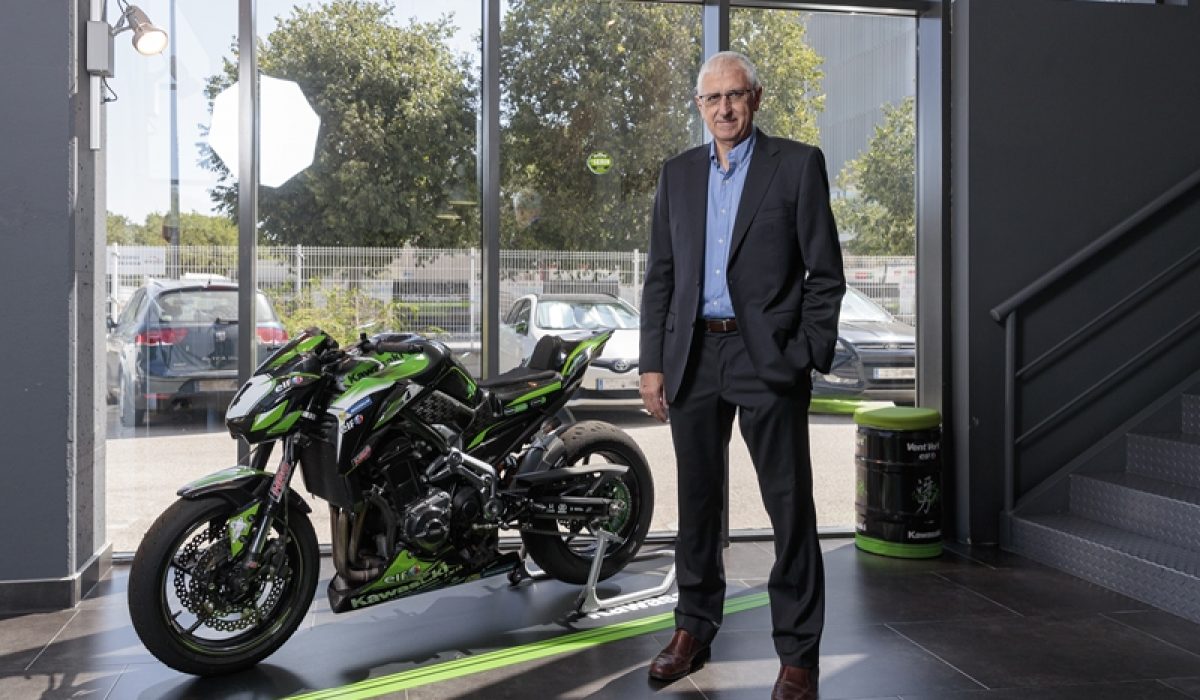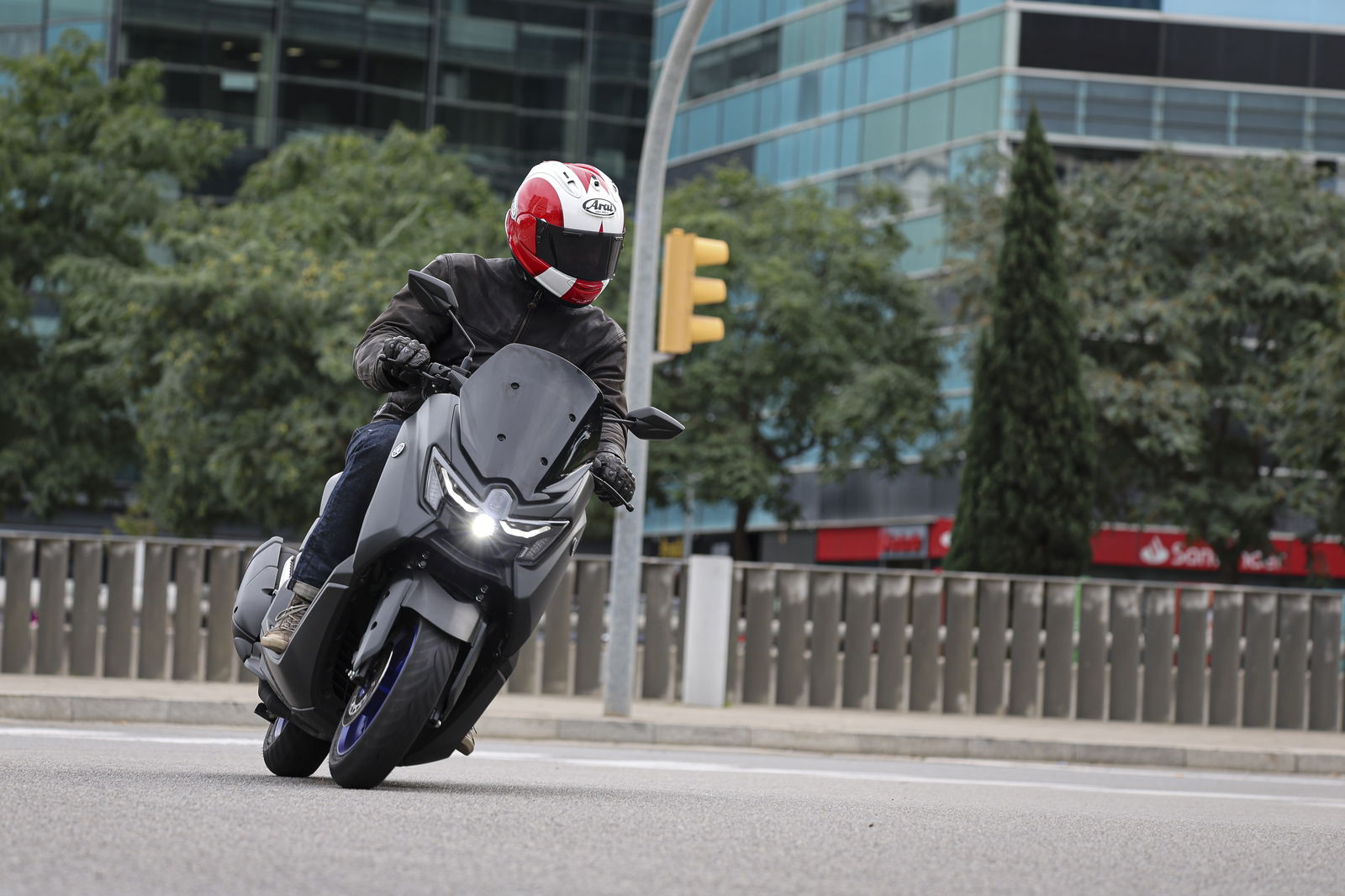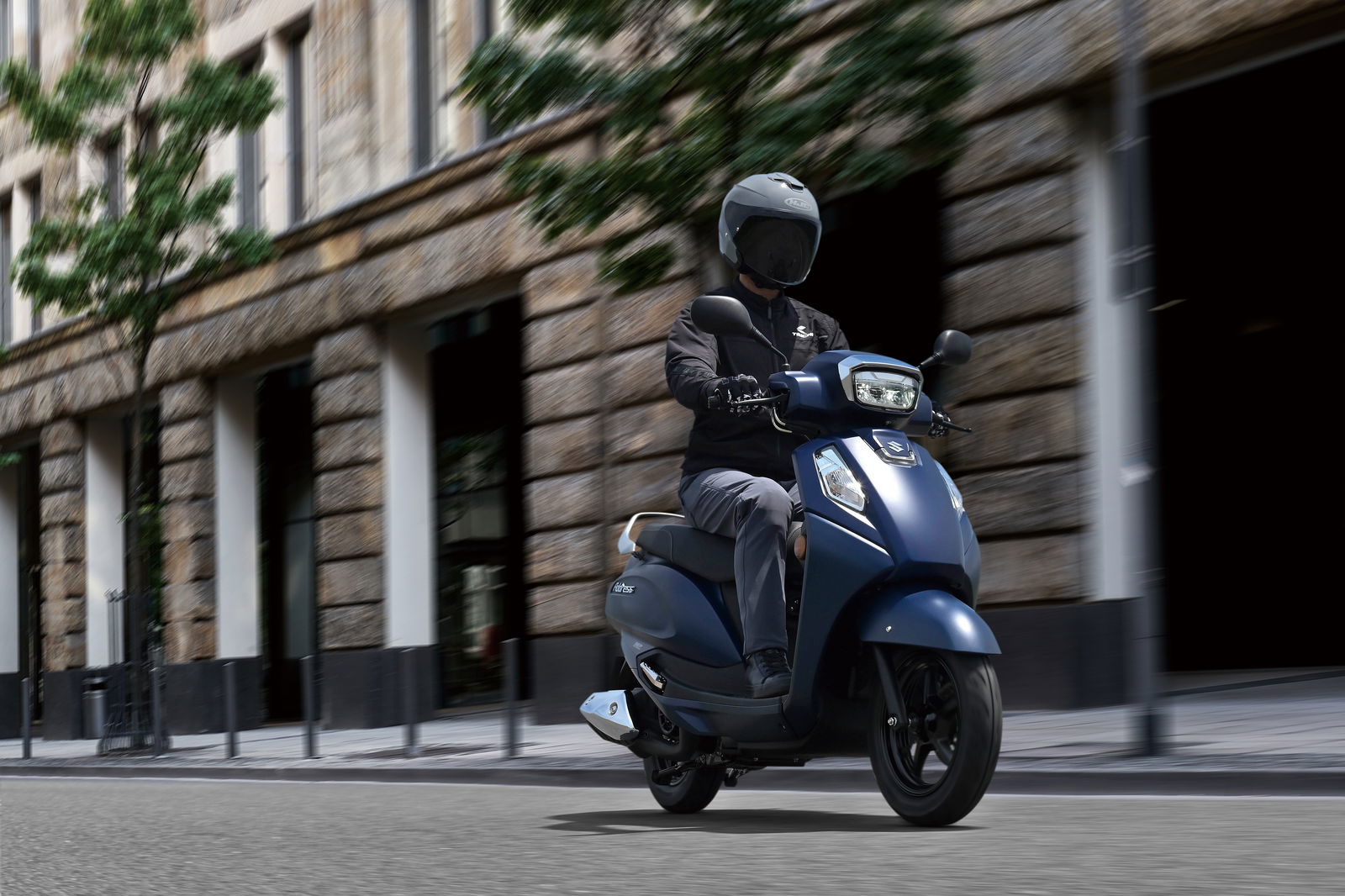Can L-category motorcycles transform urban mobility in Europe?
Industry leaders at EICMA say motorcycles and scooters could deliver huge gains for Europe’s cities, cutting congestion, emissions, and saving billions.

EICMA isn’t just about shiny new metal and headline-grabbing launches. Increasingly, it’s also where the motorcycle industry makes its pitch for a cleaner, smarter, and more realistic future for getting around crowded cities.
This year was no different. For the third year running, ANCMA and ACEM teamed up to host the “Rightsizing Urban Mobility” conference, pulling together policymakers, city officials, and industry heads to examine how L-category vehicles (from scooters to motorcycles) can help Europe’s cities breathe a little easier.
With many major European Sustainable Urban Mobility Plans (SUMPs) set to be activated in 2027, the panel opened with a stark reminder: the urban mobility rulebook is about to be rewritten. Sofia Pechin, urban mobility consultant at TRT Trasporti e Territorio, set the tone by describing a “clear paradigm shift” away from cars and toward people-first mobility. In other words, cities want to be accessible, functional and cleaner, and traditional planning tools aren’t cutting it anymore.

Industry leaders used the stage to underline just how quickly L-category vehicles could start delivering results. ACEM Secretary General Antonio Perlot shared early findings from an upcoming Oxford Economics (OE) report on the economic value of motorcycles across Europe - the full report is due in early 2026.
The topline is that powered two-wheelers (PTWs) already save EU and UK commuters an estimated 25.6 million days per year compared with car travel, thanks to quicker commute times and less sitting in traffic. A small modal shift, just 5 per cent of car users switching to bikes or scooters, could claw back a further 28 million days, deliver €3.8 billion in cost savings, cut emissions by the equivalent of €308 million per year, and free up urban space roughly the size of Paris.

The message from within the conference hall was clear: motorcycles aren’t a niche. They’re an underused shortcut to cleaner, quicker cities. But only if those in power can recognise the benefits of them.
For years, advocates of the two-wheeled thing have lobbied governments on the multitude of benefits of taking a bike over a car. For the people in charge, though, it seems like it’s only the brass tacks (dosh/dough/moola) they can save and/or make from a widespread transition that matters.
That seems to be the focus of the OE report. Put the case across in clear and simple terms that lawmakers can understand. In a nutshell, if you do this, you could all make or save this much money.
Cities Already Leading the Charge

Some cities aren’t waiting. Barcelona showcased its new Motorcycle Observatory, developed with Anesdor, a Spanish association of companies in the two-wheeled sector. There are a lot of bikes in Spain, a lot of riders and a lot of bike brands. Of the latter, Anesdor represents a claimed 96 per cent of the market - specifically, 67 companies and 110 brands. The Motorcycle Observatory is a dedicated platform for shaping policies around safety, coexistence, and decarbonisation. It’s a sign that when public and private sectors work together, progress can be made.
Milan, already a hotspot for daily PTW use, highlighted how it is pushing fleet renewal and incentivising electric models. The goal is to accelerate the shift to cleaner urban transport without ignoring what citizens already use.
A Call for Joined-Up Thinking

The closing panel brought together representatives from BMW Motorrad, Yamaha Motor Europe, ANCI, the POLIS Network, TRT, and ACEM. Their conclusion was unanimous: if L-category vehicles are going to fulfil their potential, cities, governments, and industry must work together, not pull in different directions. SUMPs need to recognise the role of motorcycles, not as an afterthought, but as a tool that works today, not in 10 years.
Where does the UK fit into all this?

Despite the focus on EU mobility frameworks, the themes coming out of EICMA resonate far beyond the continent. The UK is no longer bound by European SUMPs, but Westminster has been watching Europe’s urban transport experiments with increasing interest. If cities like Barcelona and Milan can prove that powered two-wheelers genuinely cut congestion, free up space and clean up the air, it becomes harder for the UK government to ignore the evidence.
And while Britain often charts its own legislative course, practical results speak louder than policy papers. If L-category vehicles deliver the kind of measurable wins the OE report claims, there’s every chance the UK will follow suit, whether through incentives, infrastructure changes, or simply recognising motorcycles and scooters as a legitimate, modern tool for urban mobility. For riders, it could open the door to a more bike-friendly transport landscape on this side of the Channel too.
Find the latest motorcycle news on Visordown.com








